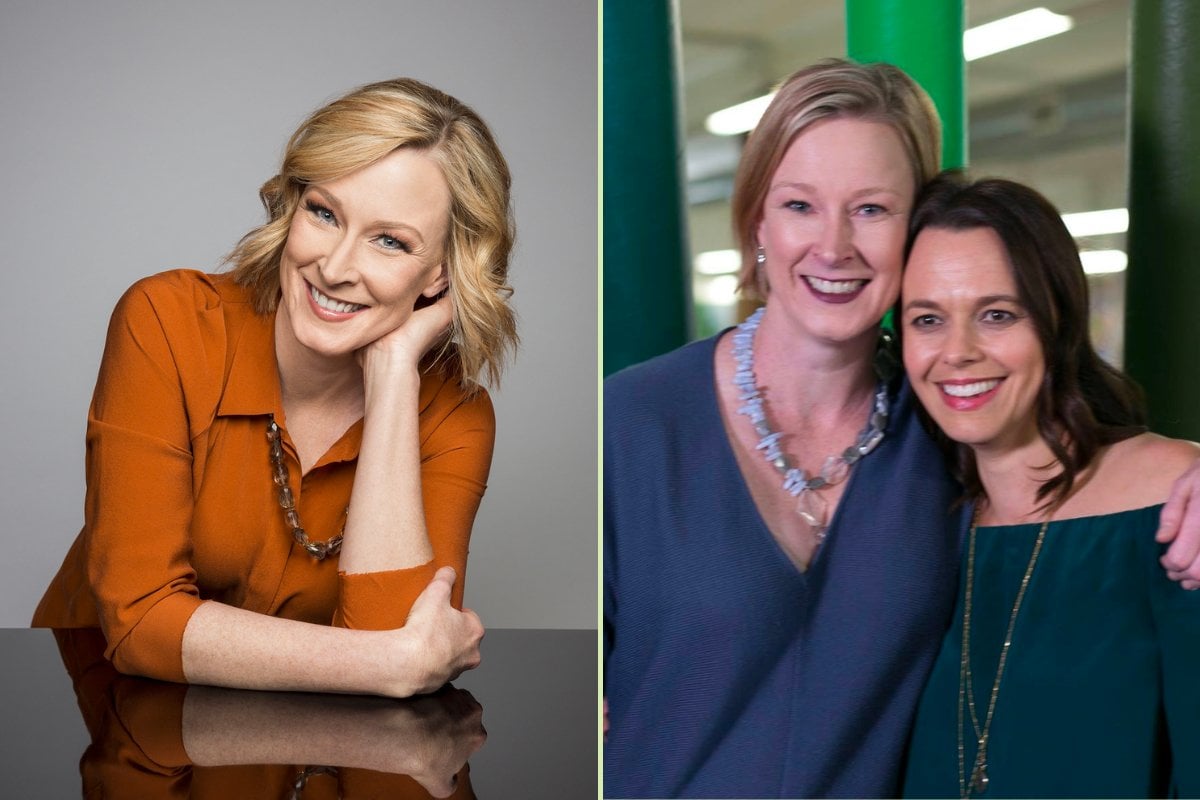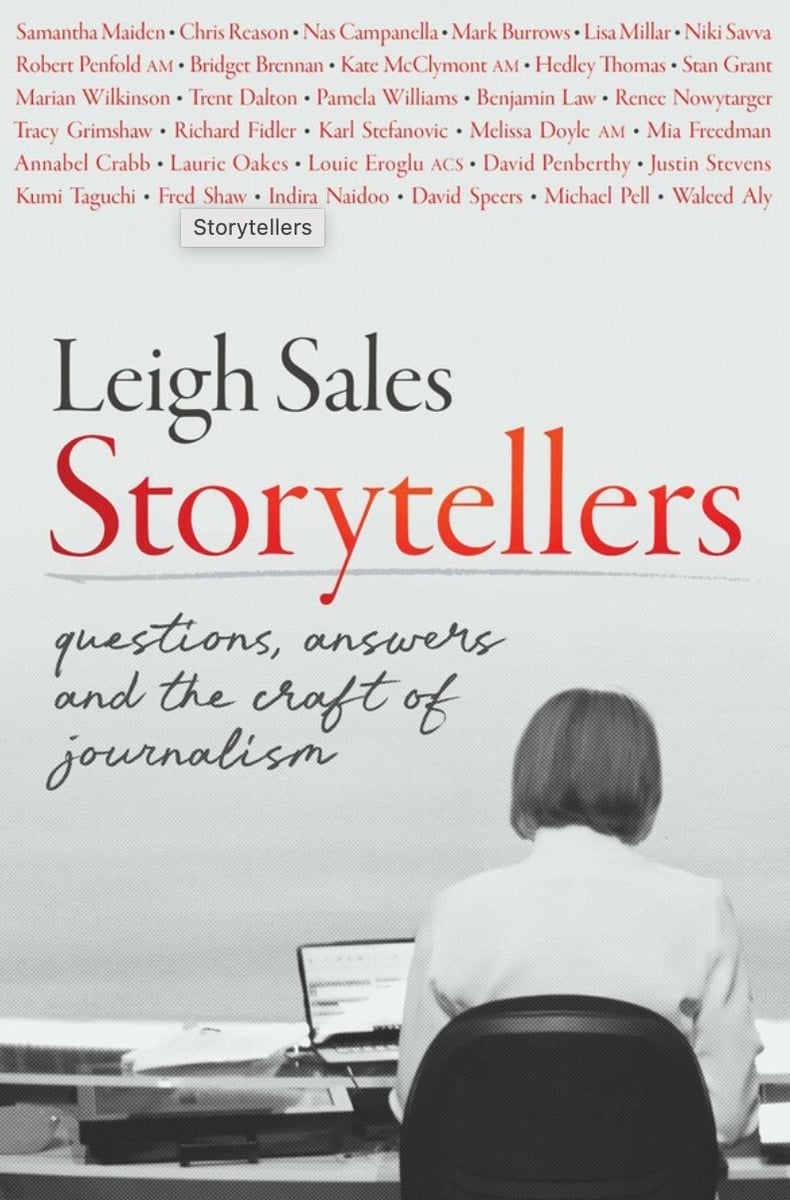
The following is an excerpt from Storytellers: Questions, Answers and the Craft of Journalism by Leigh Sales. You can purchase the book here.
Mia Freedman is one of Australia's leading digital entrepreneurs as co-founder of Mamamia Women's Media Company. It is the largest women's podcast network in the world, with a monthly audience of more than seven million women and more than fifty-five different programs. Prior to starting Mamamia, Mia was a magazine editor, newspaper columnist, radio presenter and TV host. She has written four books, hosts the interview podcast No Filter, and co-hosts the top current affairs podcast in Australia, Mamamia Out Loud. She is also a co-creator and Executive Producer of the TV series Strife, which was inspired by her memoir, Work Strife Balance.
Mia, what's your actual role at Mamamia?
"I guess you could say I'm the DNA of the business. I have to toggle between being the owner of a media company and being a creator. The part that I've managed to eliminate in the middle is where I'm a manager – I don't manage a single person, even my own EA does not report to me. I've spent so much of my career climbing the ladder, getting to the top, looking around, and then trying to find ways to climb back down, to be back at the coalface, because that's where I'm most comfortable.
That's the hoity-toity answer. But the actual answer is I make a lot of content, I'm behind the business. I identify new growth areas and I oversee how we present ourselves to the world. The thing I've learnt from a business point of view is that I'm most comfortable in start-up mode, getting my hands dirty. The more people between me and an audience, the more frustrating I find it."





























































































